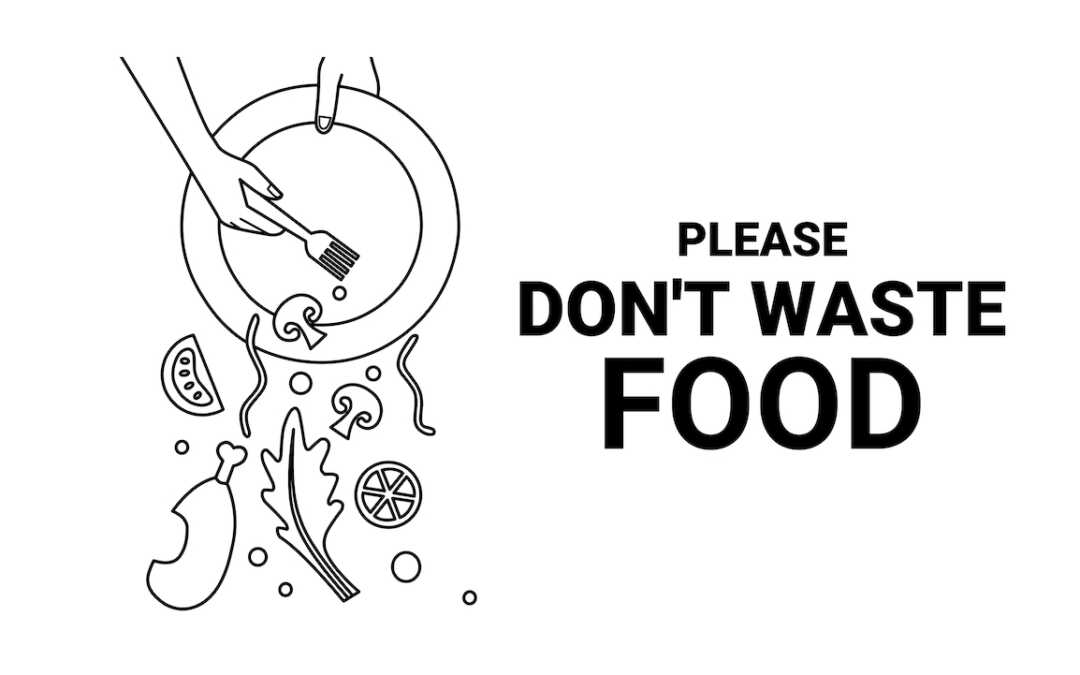Starting in 1970, Earth Day seeks to raise awareness on environmental issues and to encourage behaviour change so we can preserve our planet. Although there is an “Earth Day”, the intent is for 24/7, 365-day action.
In Australia, we have lived through many powerful environmental and health movements. With sustainability and quality of life at the forefront, each of these campaigns has resulted in community-wide behavioural change. Think back to the anti-litter campaigns, skin cancer campaigns, anti-smoking campaigns, recycling campaigns and more.
We are now living through one of the biggest community-wide movements yet; our race against time to save the planet from the consequences of climate change. Globally we are becoming more aware and educated on what will happen if we do nothing. The message is clear. Everyone needs to chip in and shift their behaviour to more sustainable practices.
This Earth Day we draw your focus to one of the ways you can lower business travel-related emissions. There are many, but today our focus is on food waste.
A growing appetite to reduce food waste
When it comes to reducing your impact on the planet, the bigger picture can be overwhelming. But when broken down into bite sized chunks, there are many things that we, as individuals and companies, can be doing.
For example, did you know that globally, food waste accounts for around 8% of greenhouse gas emissions? This waste is from food that:
- never leaves the farm
- is lost during transport, and
- is wasted from the hospitality sector and households.
This third point is of particular importance for you and me.
What’s this got to do with corporate travel?
Companies are seeking ways to keep their employees travelling for business at the same time, minimising their impact on the environment. A behavioural shift from corporates and corporate travellers in the way they travel can have a material impact.
How companies and corporate travellers can help reduce food waste.
Business travellers will often seek out meals within a hotel’s food and beverage offerings, or in local cafes or restaurants. For the one or two night stays, this makes sense and can be considered a treat. However for longer stays, there is a far healthier, more cost-effective way to travel, and one that generates significantly less waste.
Perhaps this is one of the reasons that companies are gravitating towards serviced apartment style accommodation. Bookers are more attuned to the benefits of having things like a small kitchenette in a hotel-style serviced apartment. With this style of accommodation, basic breakfasts and meals can be prepared, reducing the need to eat out for every meal thereby reducing waste.
However, the true nirvana is when travellers have access to a full-sized kitchen which can be found in corporate apartment-style accommodation. This means the person staying has sufficient fridge and cupboard storage, and they are properly equipped to prepare home-style meals. However, having your own full-sized kitchen when away for work is one part of the equation – but how you act sustainably in that kitchen is up to the individual.
Here are a few suggestions to help our clients and their assignees reduce their food waste when they’re away for work.
DIY Meal Planning
Meal planning only takes a few minutes, and it’s as simple as considering what you need before you shop:
- Check your diary and work out the days you intend to eat at home
- Next, come up with ideas of what you might like to cook on those nights keeping in mind seasonal produce to reduce transport emissions.
- Consider the ingredients and think of how you can use them multiple times or in leftovers for lunch
- Write a shopping list and off you go. No impulse buying unless it’s something you will definitely finish like chocolate!
What you should find, is by the end of the week you’ve used all the ingredients and have minimal waste. You will also be benefiting from the saved time from deciding what to eat each day and racing to the grocery store every time.
Outsourced Meal Planning
If that all sounds too complex, and DIY cooking is not your forte, there is still good news for business travellers that have access to full-sized kitchens; outsourced meal plans.
There are many services that take the heavy lifting out of meal planning. Companies like Hello Fresh not only deliver the ingredients to your door, but they provide step by step recipes that allow you to cook mouthwatering, nutritious meals. All the portions are carefully planned out, so travellers will have minimal waste. What’s more, when staying in an Astra Apartment, travellers can access discount codes for selected service providers making this option both convenient and cost-effective.
Eating More Responsibly When Out
If the company is paying, it can be tempting for eyes to be bigger than bellies when ordering off a menu. But even on a night out, travellers can be mindful of reducing food waste and our subsequent impact on the planet. Consider the number of courses – will they actually be eaten? Could you request an entree size if you know your appetite won’t match the quantity on the plate? Also, consider restaurants that support local suppliers. In addition to reducing waste, it’s a fantastic way to truly immerse yourself in the local community.
Collectively, as individuals and also as companies, we are the custodians of how we take action on climate change. This movement is our biggest yet. How will you change your corporate travel behaviour?


